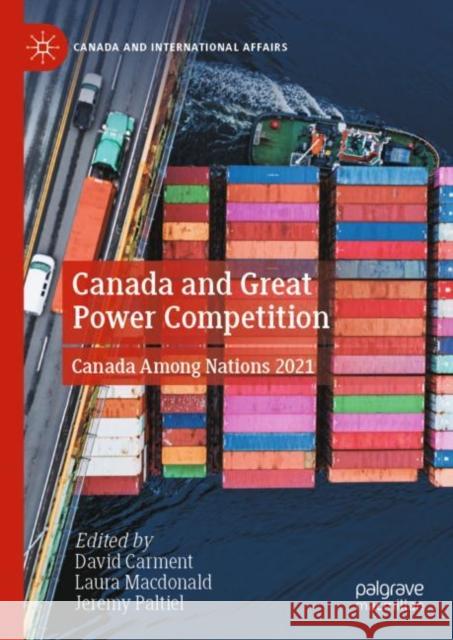Canada and Great Power Competition: Canada Among Nations 2021 » książka
topmenu
Canada and Great Power Competition: Canada Among Nations 2021
ISBN-13: 9783031043673 / Angielski / Twarda / 2022 / 482 str.
Kategorie BISAC:
Wydawca:
Springer International Publishing AG
Seria wydawnicza:
Język:
Angielski
ISBN-13:
9783031043673
Rok wydania:
2022
Ilość stron:
482
Wymiary:
21.0 x 14.8
Oprawa:
Twarda
Dodatkowe informacje:
Wydanie ilustrowane











